How to Properly Shut Off Your Water in an Emergency
Water emergencies can happen at any time, whether it’s a burst pipe, an overflowing toilet, or a major leak. Knowing how to quickly and correctly shut off your water supply can prevent costly damage and save you from unnecessary stress. In this guide, we’ll walk you through the steps to safely turn off your water in an emergency.
1. Identify the Source of the Problem
Before shutting off the main water supply, determine whether the issue is isolated to a single fixture or affects the entire home.
If a specific sink, toilet, or appliance is leaking, you may be able to turn off the water only to that fixture instead of shutting off the whole house.
If a pipe has burst or water is rapidly flooding, you’ll need to turn off the main water supply immediately.
2. Shutting Off Water to Individual Fixtures
For minor leaks or isolated plumbing issues, use the shutoff valves located near the fixture:
Toilets: Look for the valve near the base of the toilet, usually on the wall or floor. Turn it clockwise to shut off the water.
Sinks: Shutoff valves are usually under the sink. One controls hot water and the other cold—turn both clockwise to stop the flow.
Washing Machines: There should be two valves behind the machine—one for hot and one for cold. Turn both clockwise.
Dishwashers: Many dishwashers share a shutoff valve with the kitchen sink. If not, check under the sink for a separate valve.
3. Shutting Off the Main Water Supply
If the problem is severe, turning off the main water supply is the safest option. Here’s how:
Locate the Main Shutoff Valve
In most homes, the main shutoff valve is found in the basement, crawl space, garage, or near the water meter.
In warmer climates, it may be outside, near the foundation or buried in a meter box.
Turn Off the Water
If you have a gate valve (a round handle), turn it clockwise until it stops. This may require a wrench if it’s stiff.
If you have a ball valve (a lever handle), turn it 90 degrees so it’s perpendicular to the pipe.
Drain the Pipes
Once the water is off, open all faucets in the house to drain any remaining water. This reduces pressure in the system and prevents further leaks.
4. Shutting Off Water at the Street (For Major Emergencies)
If the main shutoff valve inside your home isn’t working, you may need to turn off the water at the meter. This is usually located near the street in a covered box.
How to Shut Off Water at the Meter
Lift the cover of the water meter box.
Use a meter key or an adjustable wrench to turn the valve clockwise until it stops.
If you’re unsure or unable to turn it off, contact your local water utility or an emergency plumber.
5. When to Call a Professional
While shutting off your water can prevent immediate damage, a professional plumber should assess and repair the issue as soon as possible. Call Charlotte Plumbing if you’re dealing with:
A burst pipe or major leak
A water heater failure
Persistent low water pressure after turning the water back on
A broken shutoff valve that won’t close properly
Need Help? Charlotte Plumbing Is Here for You
Shutting off your water is only the first step in managing a plumbing emergency. Whether you need urgent repairs or a new shutoff valve installed, Charlotte Plumbing has you covered. Contact us today for fast, reliable service!
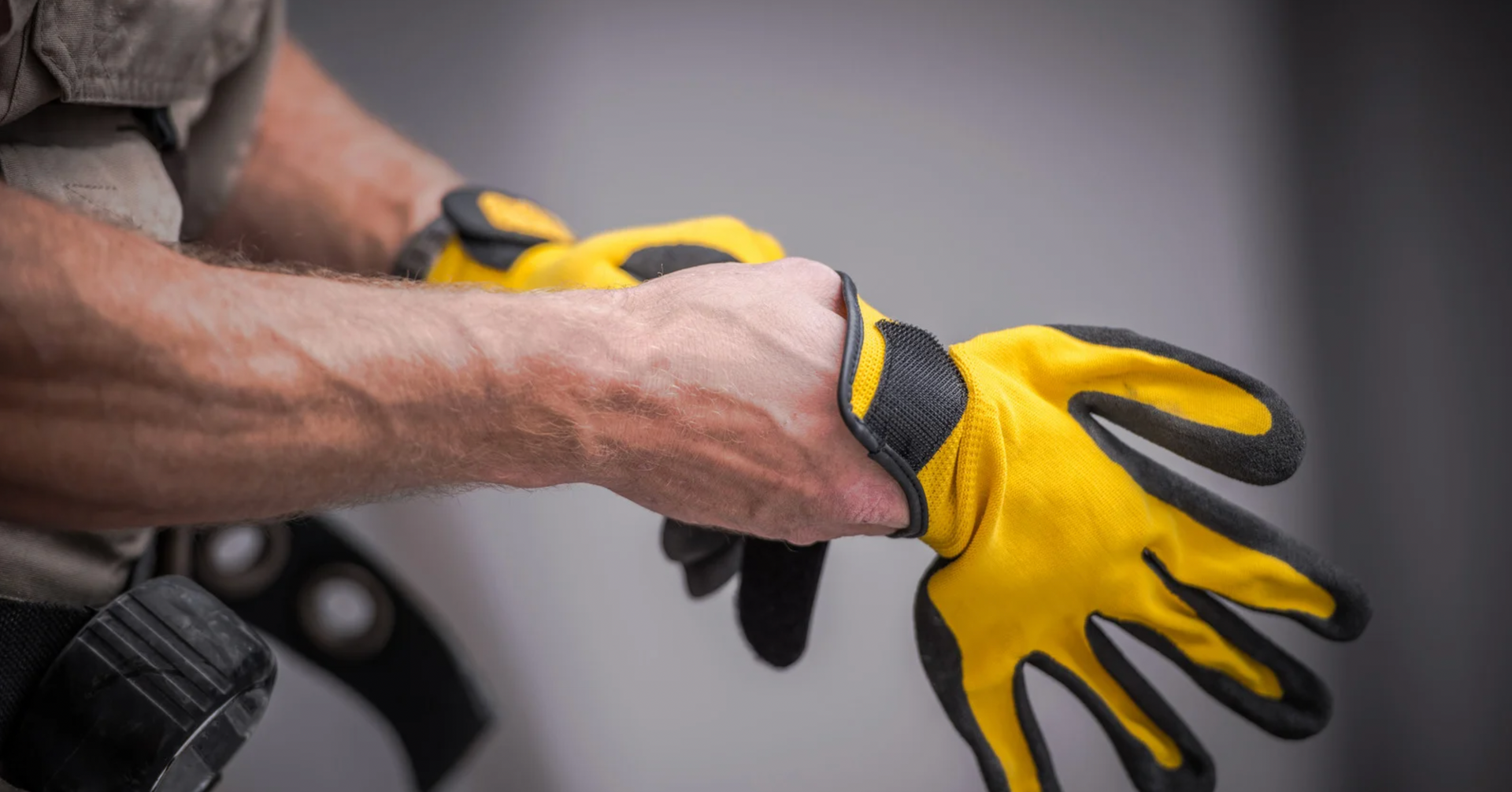
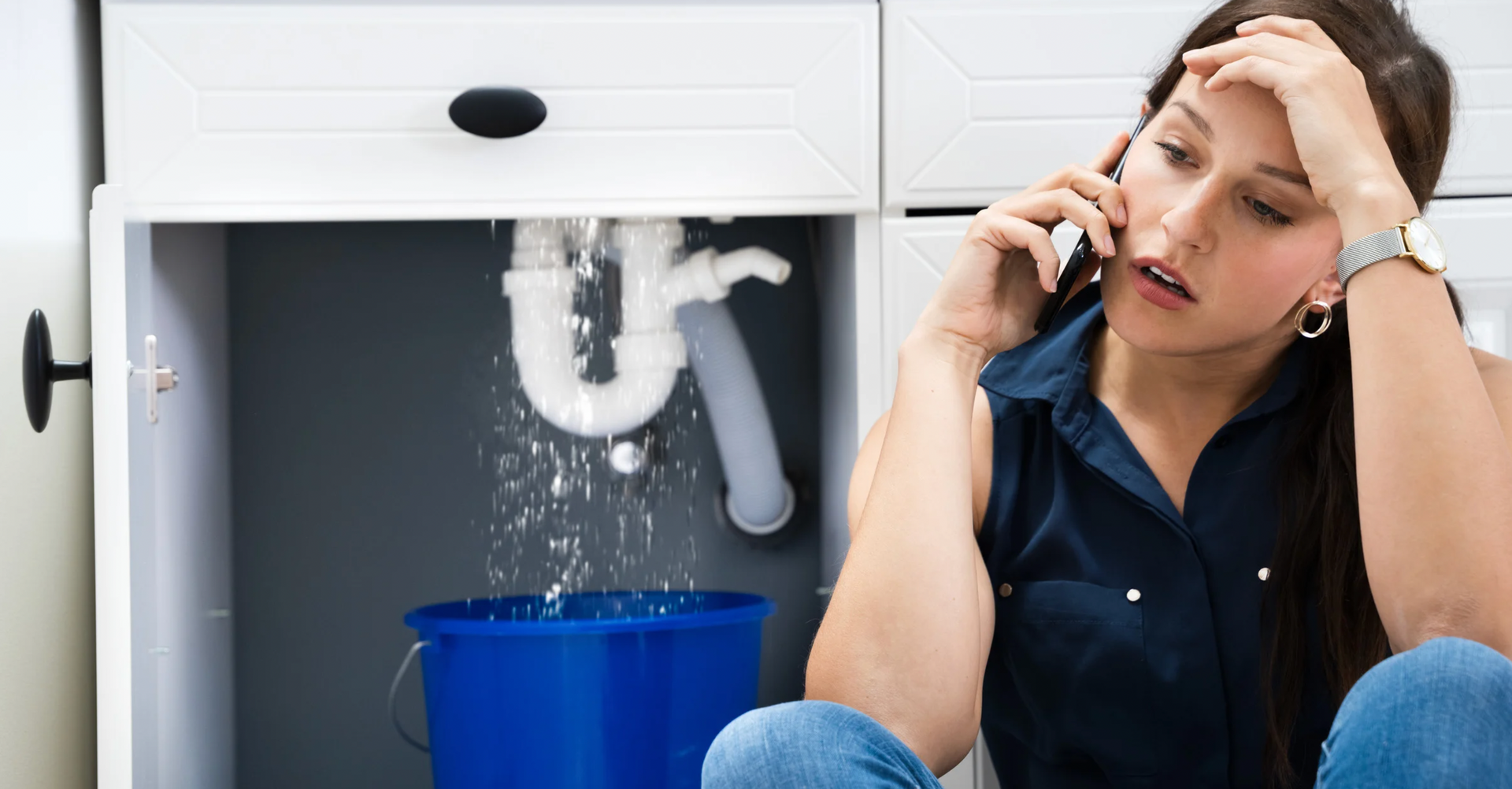
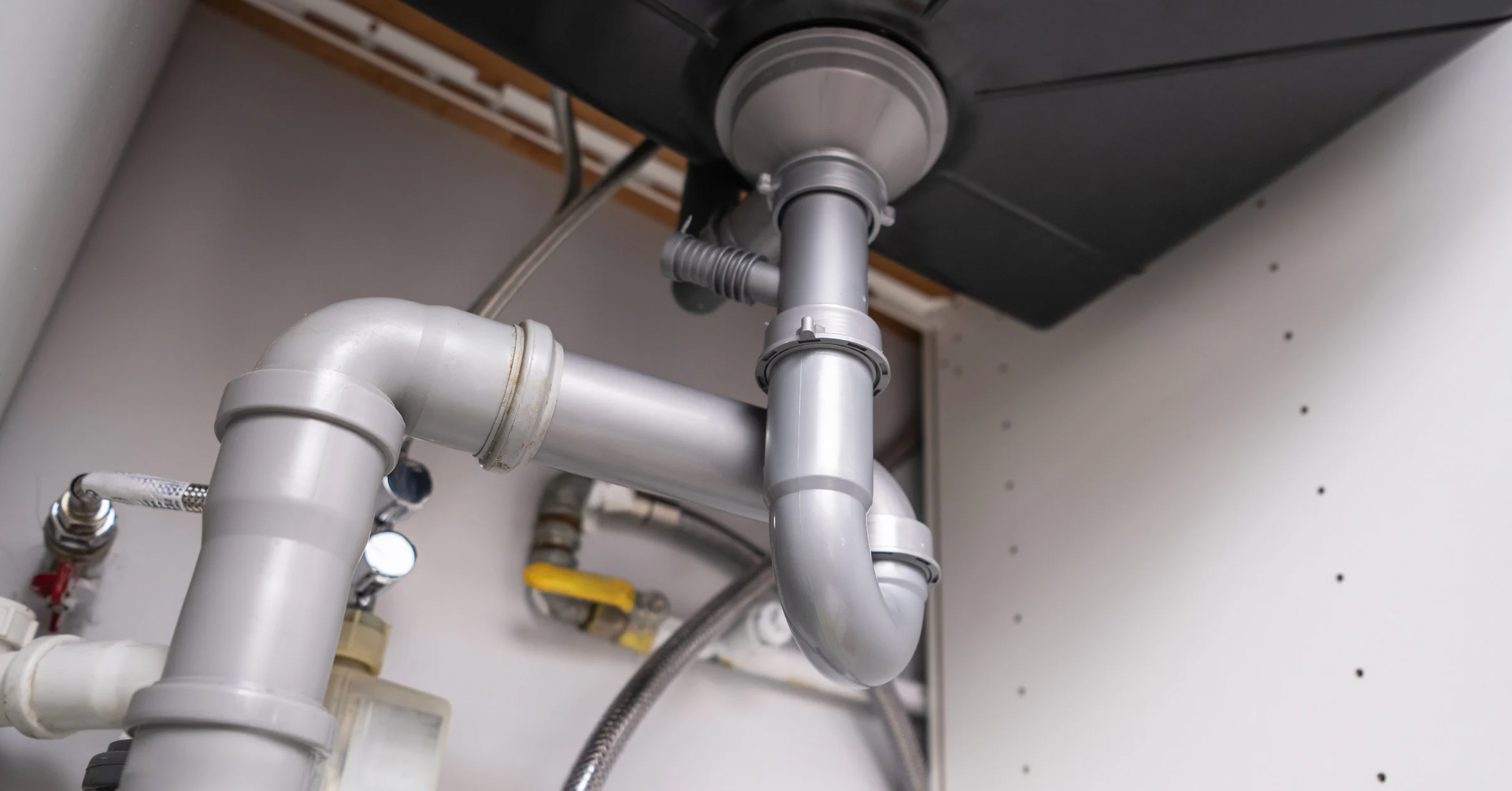
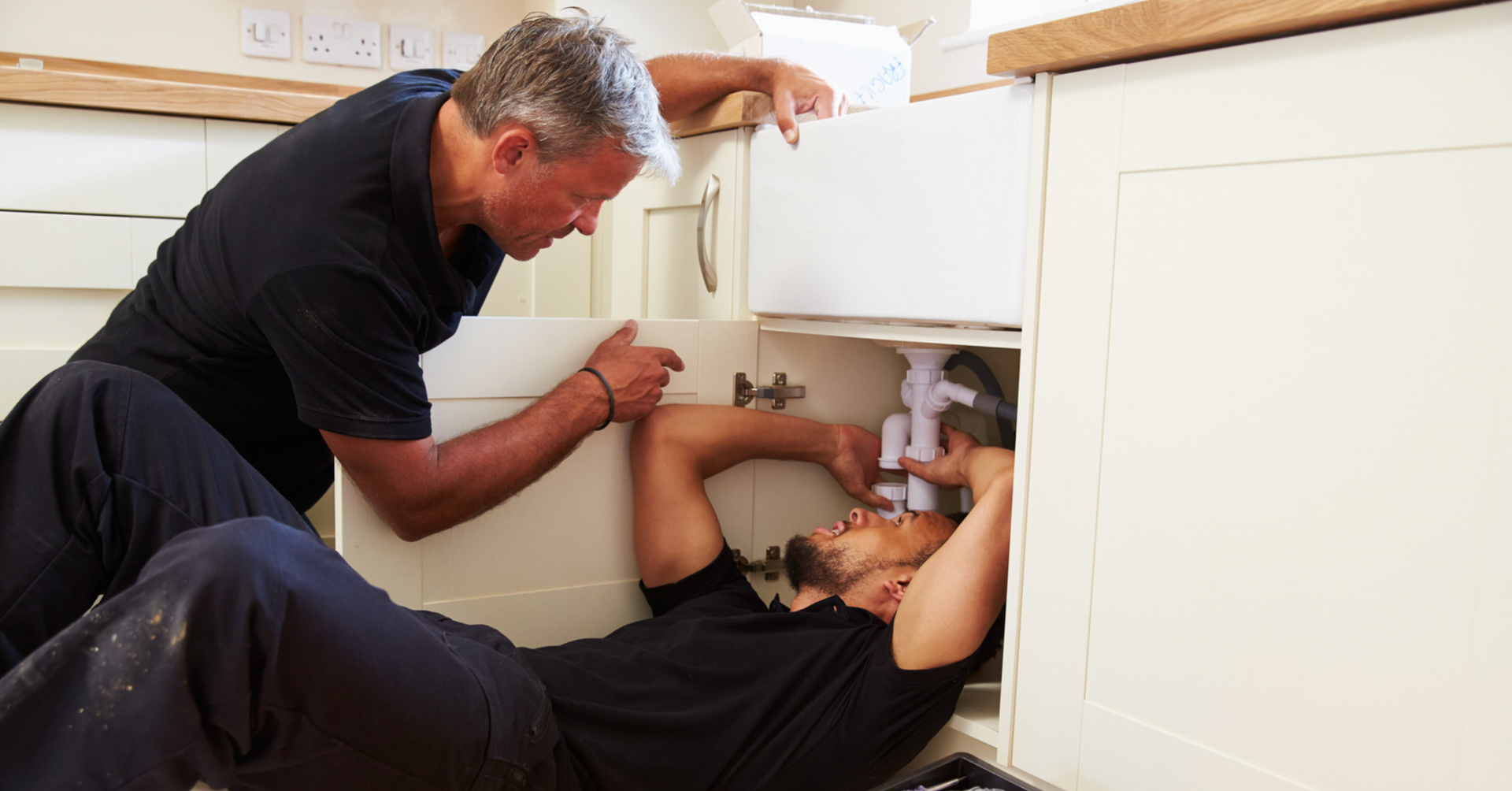
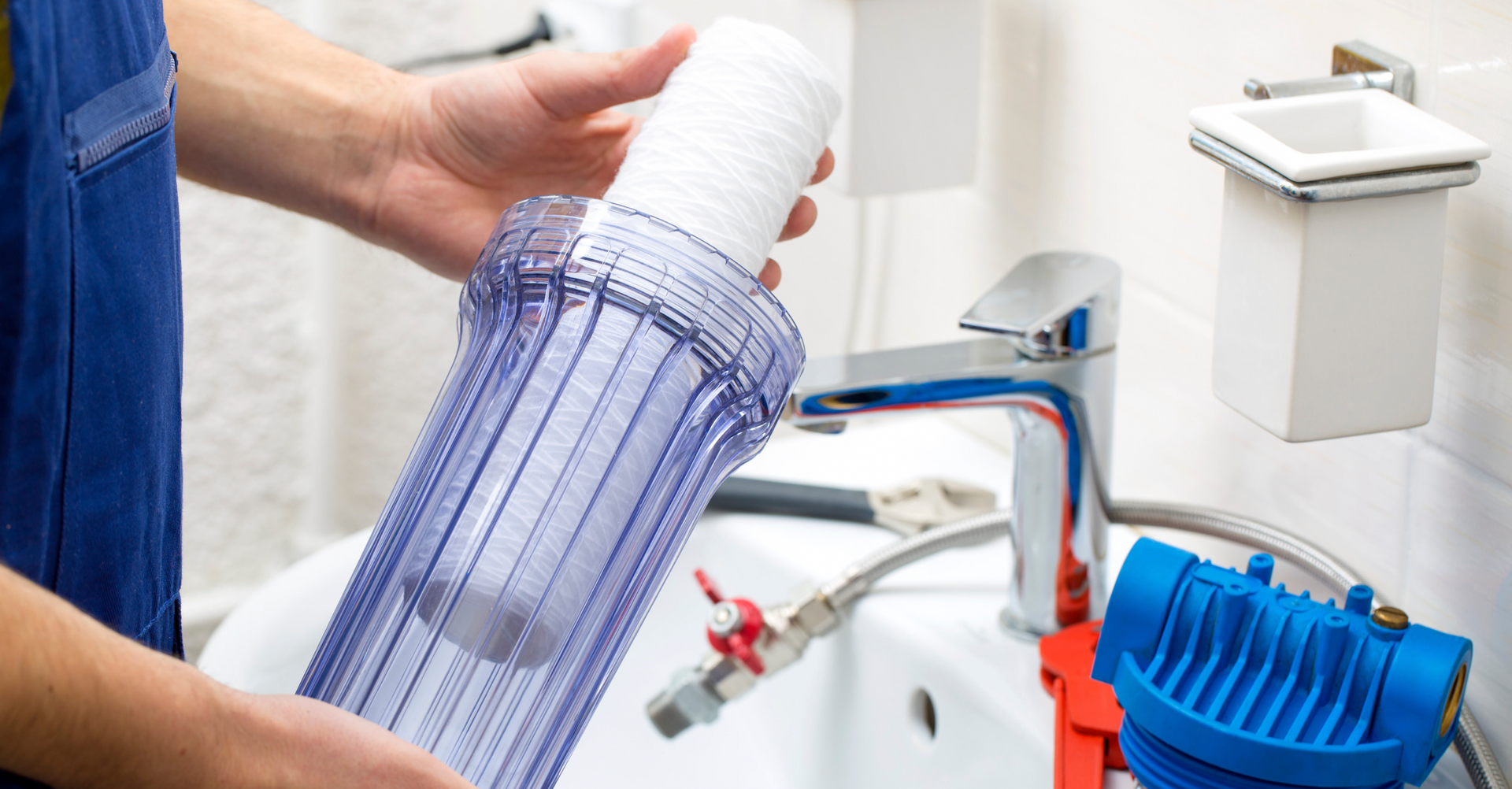
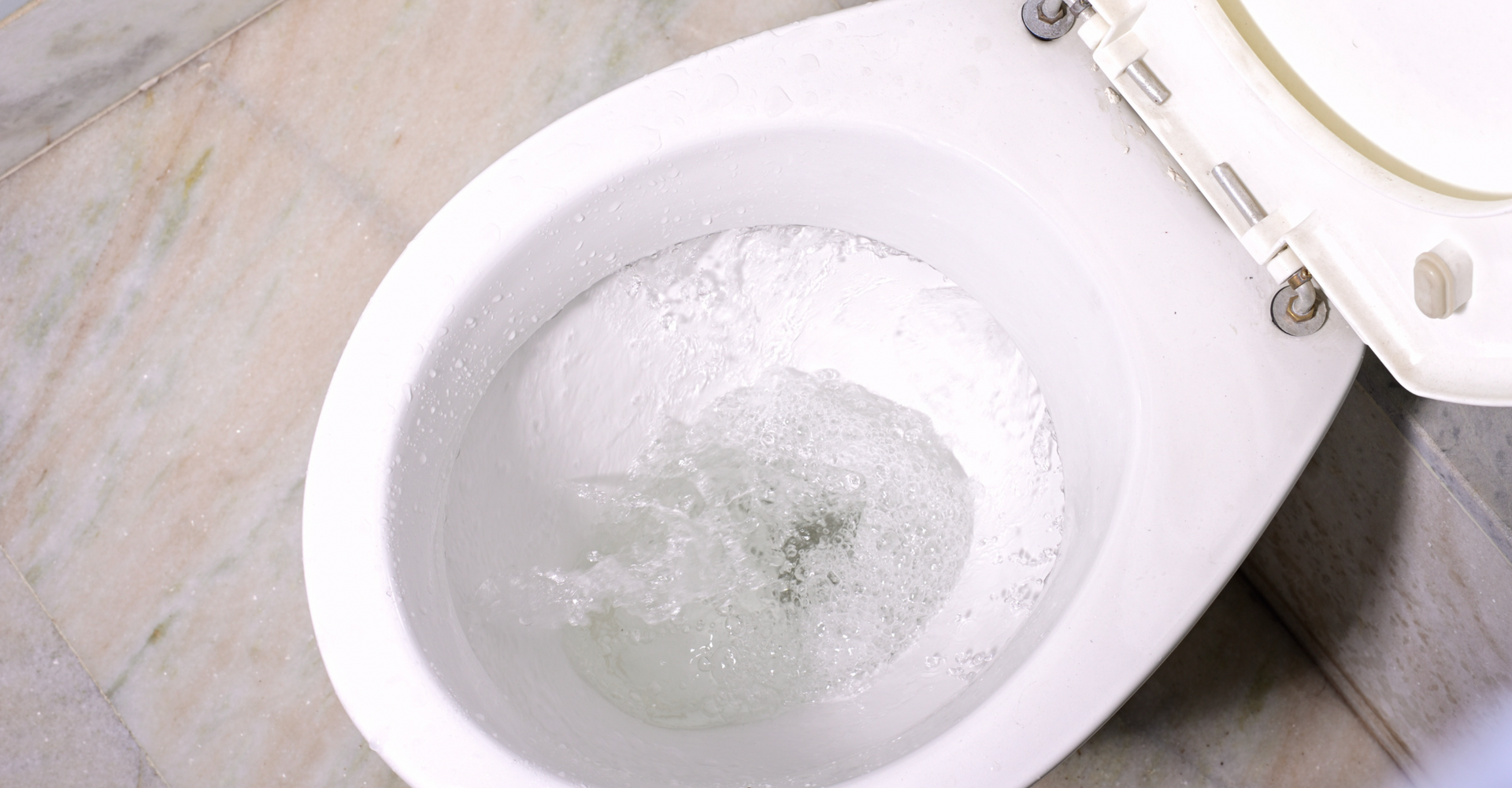
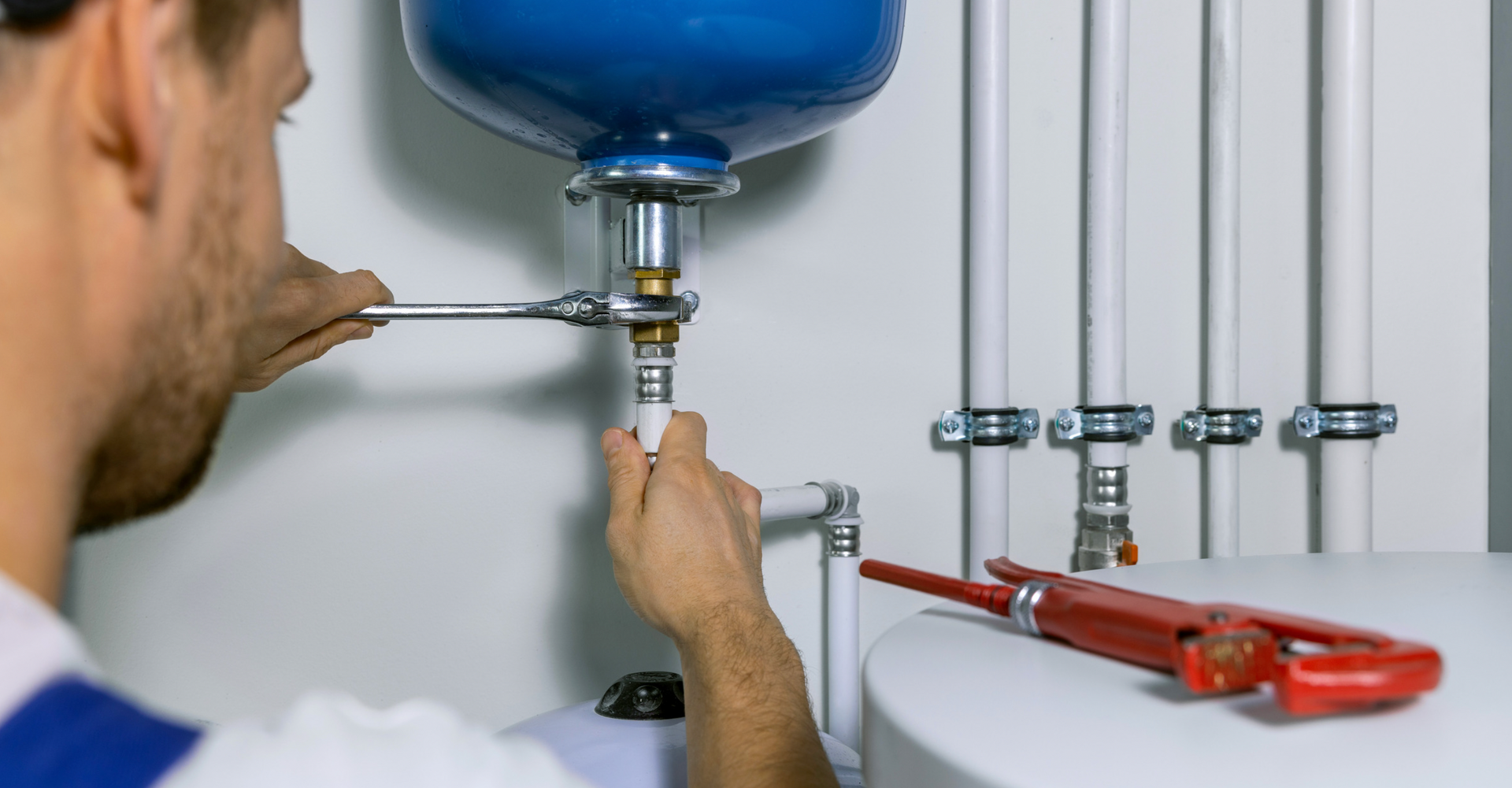
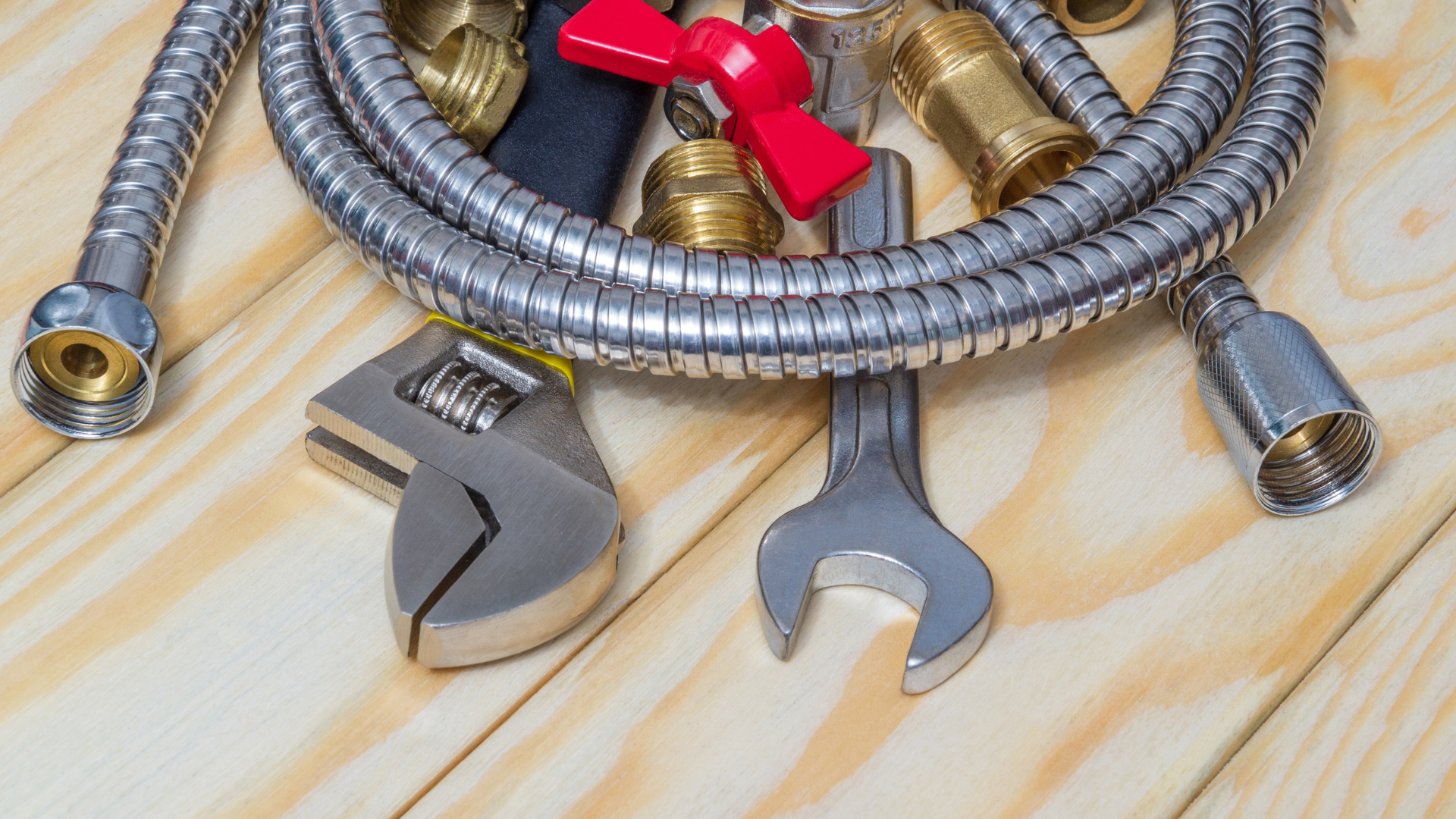

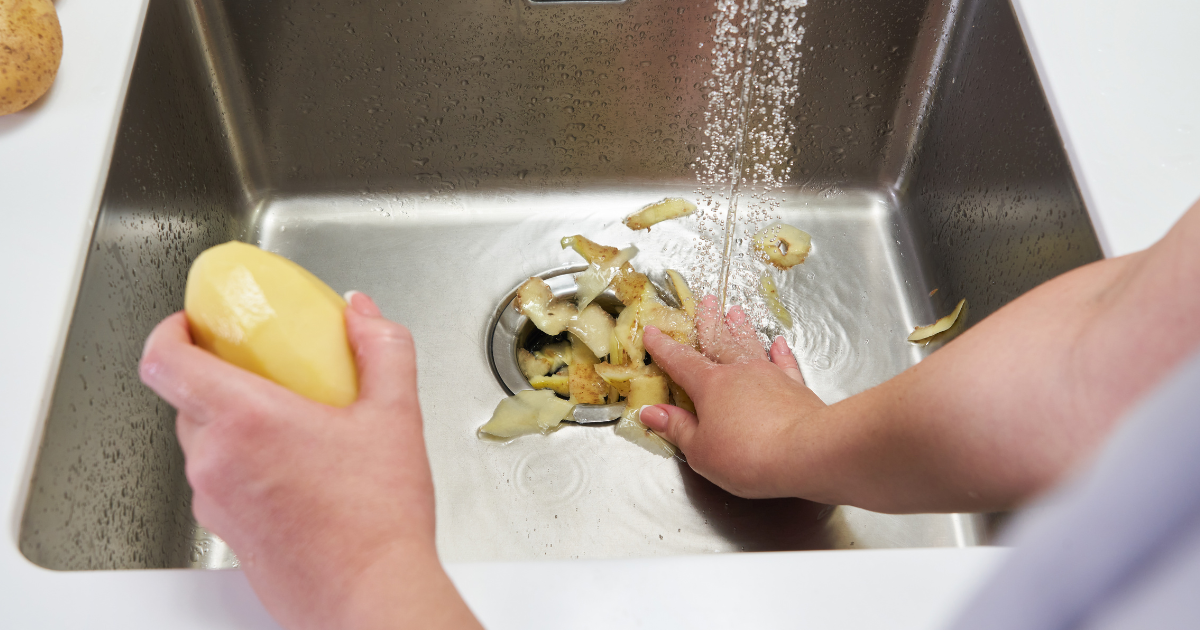
What Happens After I Send My Message?
Our team will review your information.
A team member will contact you as soon as possible.
We will work with you to schedule your service.
Schedule Online
For more information or to schedule a service, call us at (704) 684-4664 or complete the contact form.
Contact Us
We will get back to you as soon as possible.
Please try again later.



